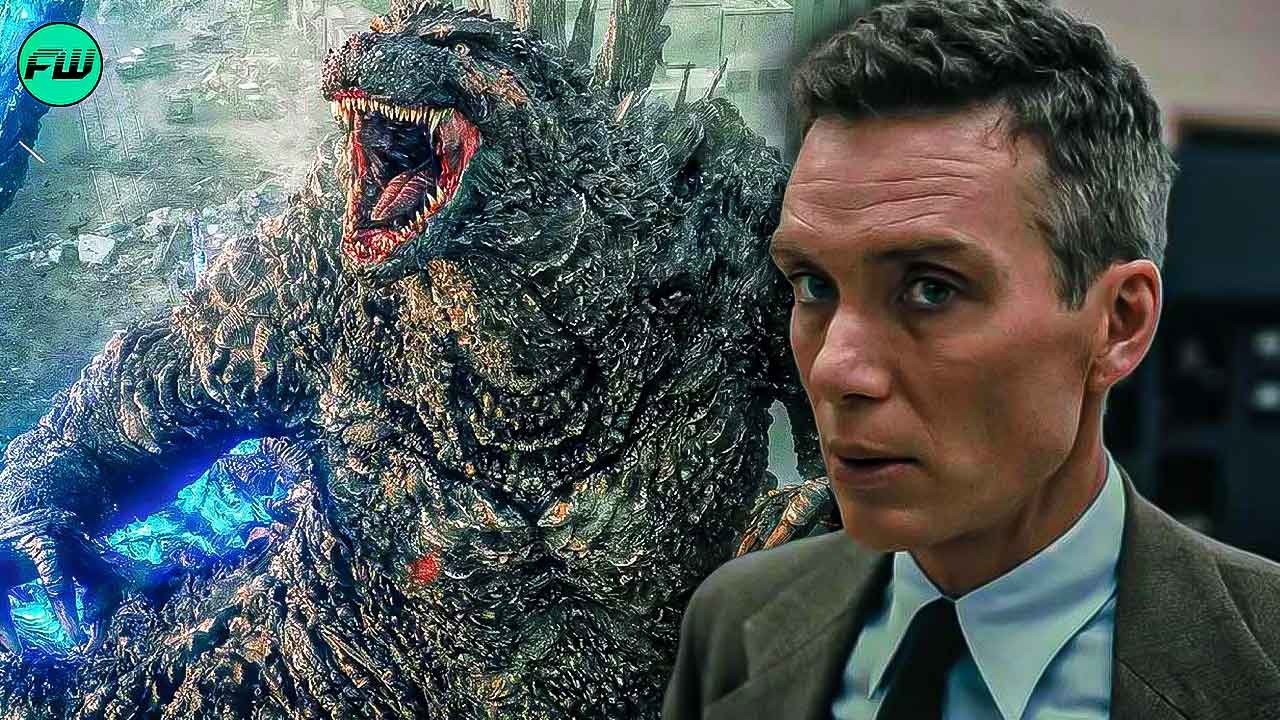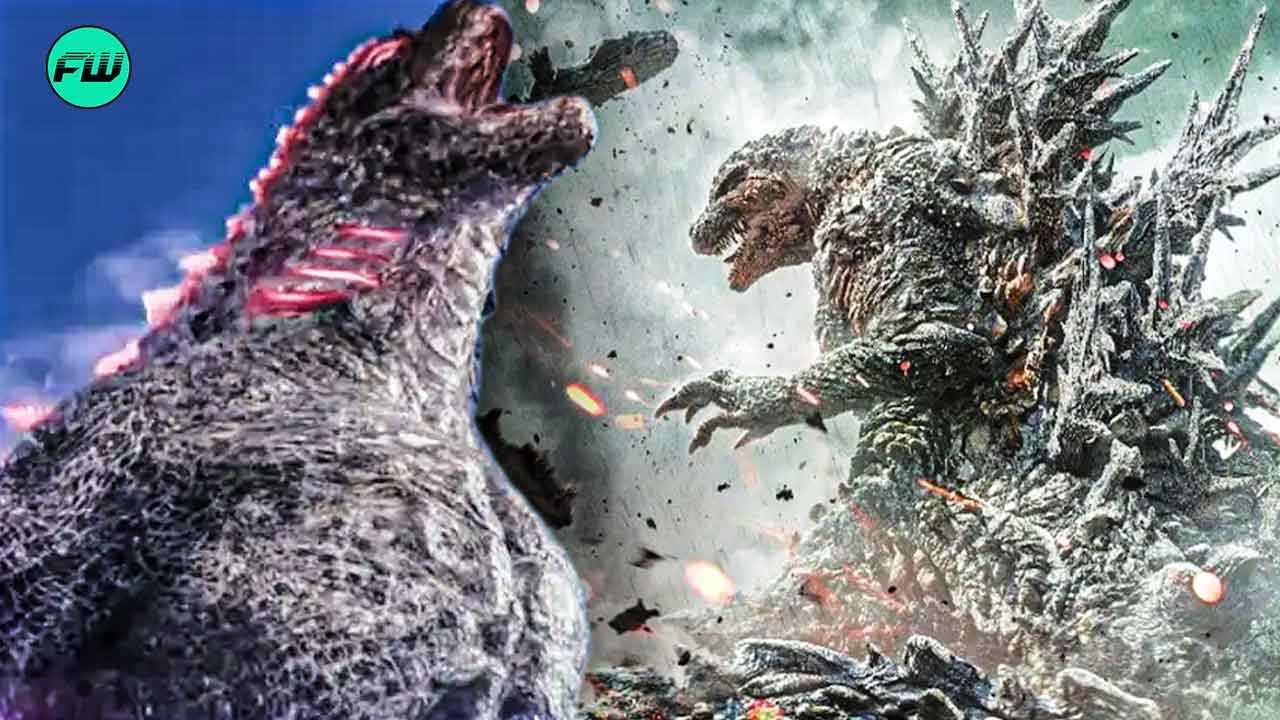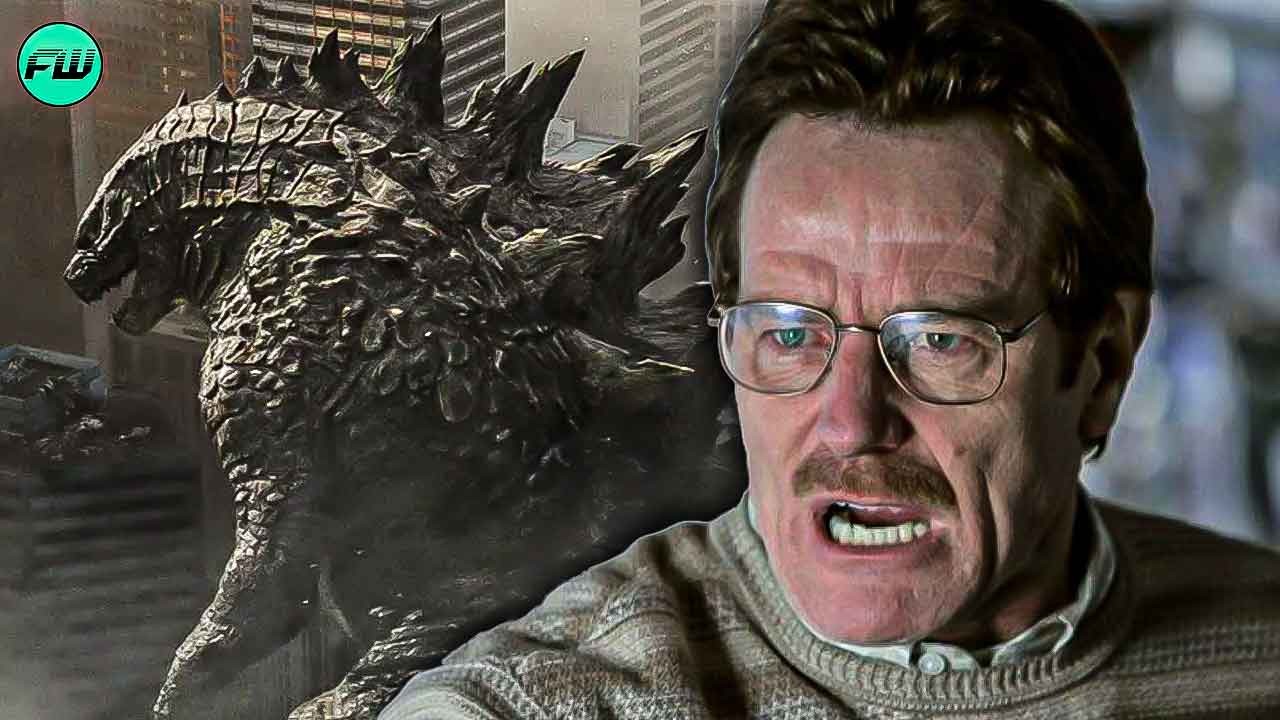The Japanese film Godzilla Minus One seemed to be a surprise hit among fans and was lauded for its VFX and action sequences. The film received an Academy Award-nominated for Best Visual Effects, making it the first Godzilla film to be nominated for the prestigious award. Godzilla Minus One also earned $107 million at the box office against a $12 million budget.
The Godzilla franchise has long been regarded as a metaphor for the threat of nuclear warfare and Japan’s morbid history with the weapon. Another film criticizing nuclear warfare was Christopher Nolan’s epic war film Oppenheimer, which surprisingly did not show the Japanese perspective of the war. Godzilla Minus One director Takashi Yamazaki mentioned that someday he would like to counter Oppenheimer’s narrative with a film of his own.
Christopher Nolan’s Oppenheimer Was Criticized For Excluding Japan’s Tragedy
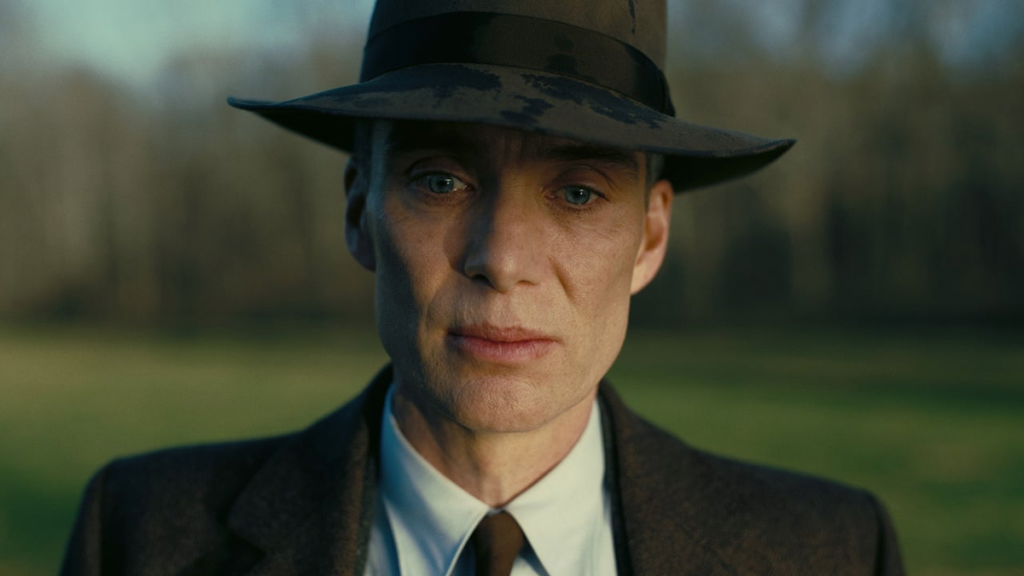
Director Christopher Nolan’s biopic on Robert J Oppenheimer, the father of the nuclear bomb, Oppenheimer released last year to great box office collections and universal critical acclaim. The Cillian Murphy starrer saw Oppenheimer’s life during the Manhattan Project and his security clearance hearing. The noted physicist was known for his contributions to the making of the atomic bomb, which was used in Japan to stop the Second World War.
Christopher Nolan received some criticism for choosing not to show the destruction, with the film not being cleared for release in Japan. Director Spike Lee also criticized him for skipping the actual bomb drop on Hiroshima and Nagasaki. He said to The Washington Post,
“If [‘Oppenheimer’] is three hours, I would like to add some more minutes about what happened to the Japanese people. People got vaporized. Many years later, people are radioactive. It’s not like he didn’t have power. He tells studios what to do. I would have loved to have the end of the film maybe show what it did, dropping those two nuclear bombs on Japan.”
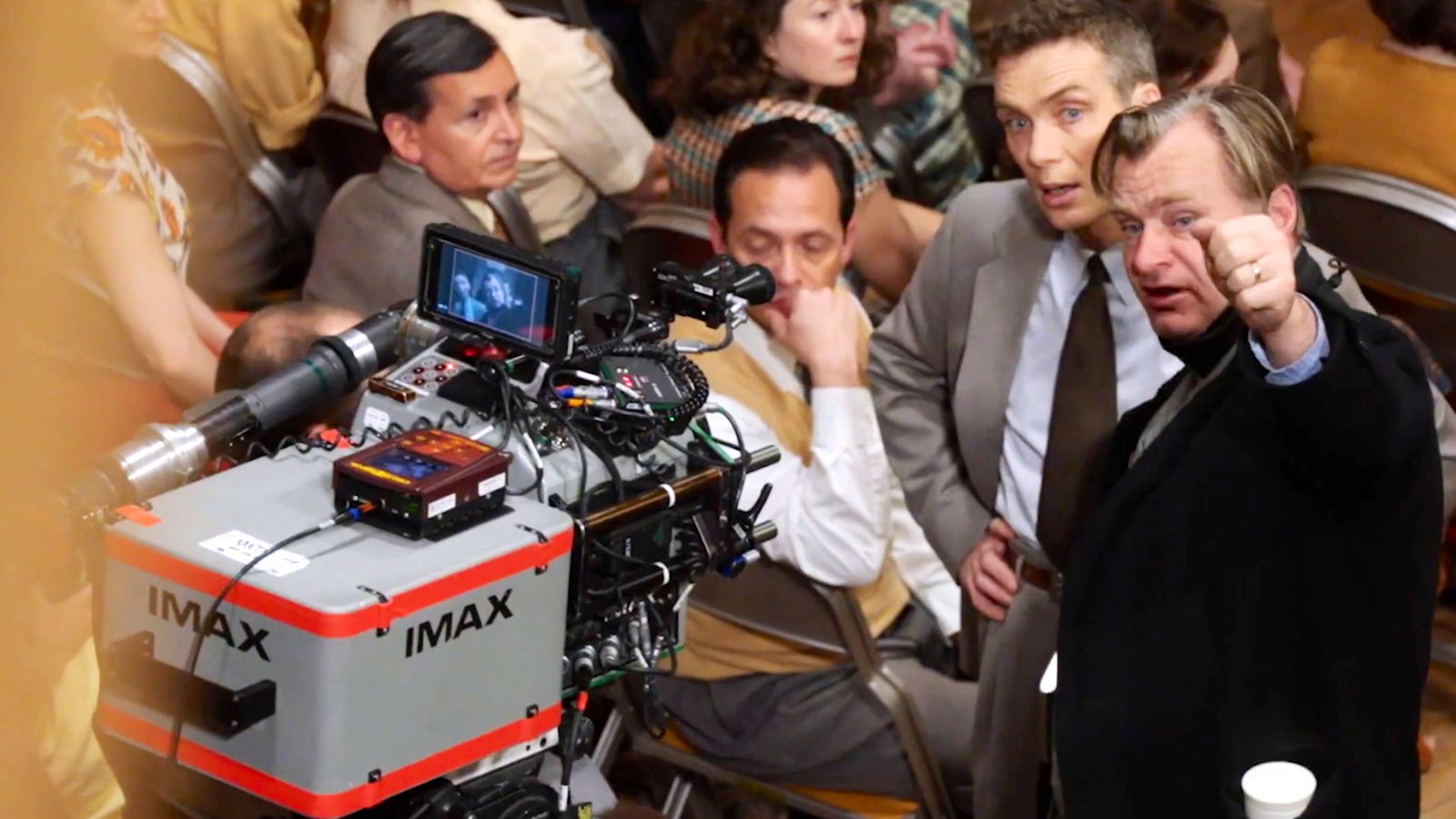
Christopher Nolan addressed the criticism of his film and mentioned that the entire film was from Robert Oppenheimer’s perspective and that he wanted to keep that creative direction true during the sequence as well. He said to Variety,
“Oppenheimer heard about the bombing at the same time that the rest of the world did. I wanted to show somebody who is starting to gain a clearer picture of the unintended consequences of his actions. It was as much about what I don’t show as what I show.”
The filmmaker also went on to talk about how the bomb drop has various perspectives to it. He mentioned how people who were fighting in the World War saw the bomb differently while the victims of Hiroshima and Nagasaki saw it differently. He said that he intended to spark a conversation about the event.
Godzilla Minus One Director Wants To Respond To Oppenheimer
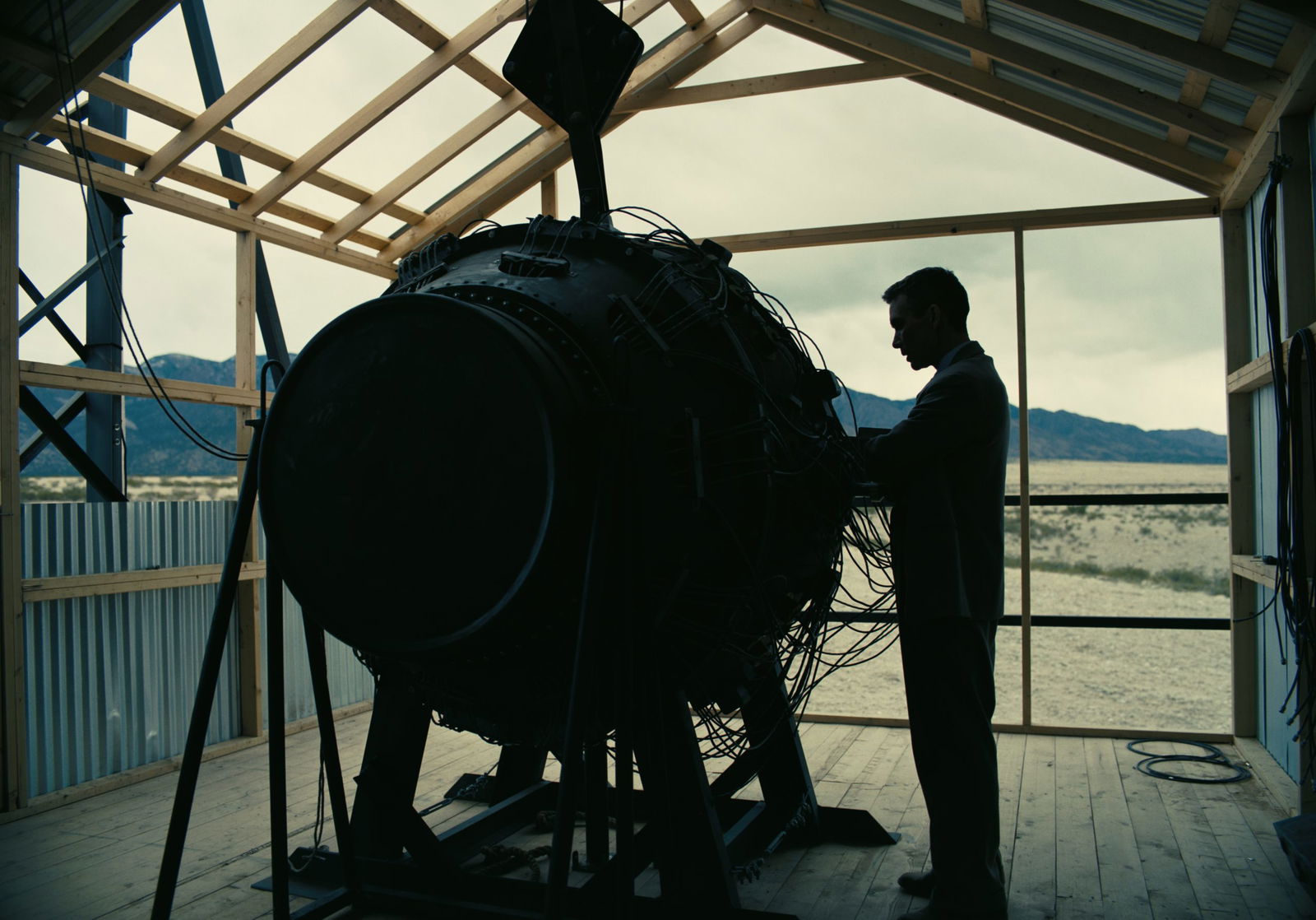
While Christopher Nolan’s Oppenheimer did spark conversation about the morality behind nuclear warfare and received a lot of accolades, another film in the same year seemed to be talking about similar themes from a different perspective. The Japanese blockbuster Godzilla Minus One was also set during WWII and explored the effects of the nuclear bomb
The Godzilla franchise and the kaiju genre have largely been regarded as a result of the nuclear bombings of Hiroshima and Nagasaki. Director Takashi Yamazaki mentioned in an interview with Movie Maker how important it was for two films to come out, talking about similar themes in Gozilla Minus One and Oppenheimer. He said,
“It was definitely a coincidence that both films came out this year….in some ways, the original 1954 Godzilla was created with that same backdrop in the wake of World War II, asking what it means for these superpowers to develop so many nuclear warheads. I think the fear and threat of it is certainly real but the timely relevance of the thematic elements are quite striking.”
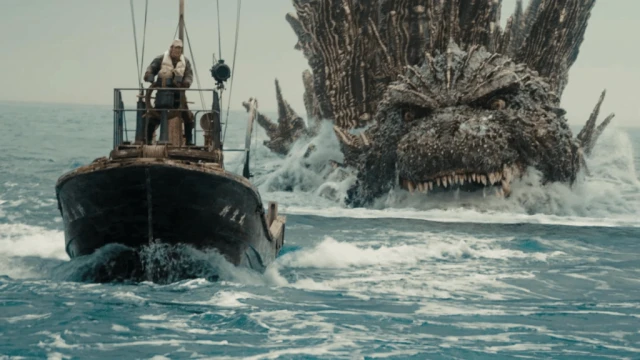
Godzilla Minus One director Takashi Yamazaki mentioned that he could not watch Oppenheimer in his home country of Japan as it had not been released and he had to take a flight to Taiwan to catch the film, which had Chinese subtitles. He mentioned that due to his poor English, he could not understand everything that occurred but understood what it represented. He said,
“Being of Japanese descent and heritage, I’ve seen a lot more nukes in our pop culture or surroundings since I was really young. I feel that as a filmmaker and director, I do want to provide some kind of answer or response to Oppenheimer someday. I don’t think Godzilla is necessarily a direct response to it, although they point at similar themes. But even if this film is never realized, I think having it in the corner of my head as a strong thematic element is important.”
Godzilla Minus One followed the story of a group of Japanese war veterans who joined together to fight against Godzilla in post-war Japan. The film was lauded for its writing, human characters (which were never important in a Godzilla film), and its VFX.

